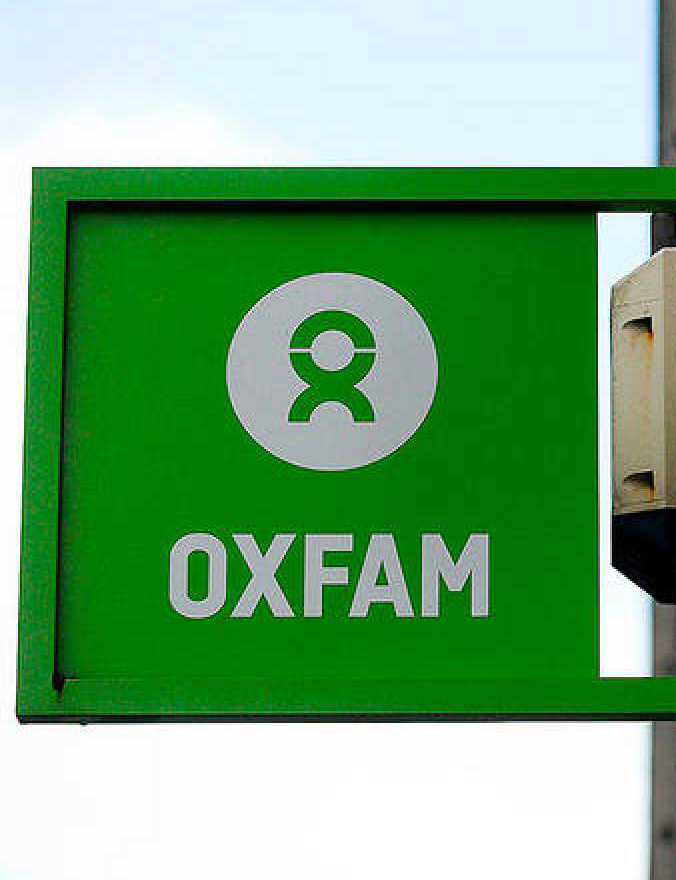
The confederation of humanitarian organizations OXFAM recently published a shocking report, where it points out that in the midst of the pandemic and the global crisis affecting the whole world, every 30 hours a wealthy person reaches the figure of one billion dollars of fortune.
Washington, April 27 (RHC)-- Oxfam is warning rich countries against using accounting gimmicks to artificially inflate their global climate funding commitments. The international humanitarian group estimated in an analysis released recently that low- and middle-income nations will need an additional $27.4 trillion at minimum by 2030 to "fill financing gaps in health, education, social protection, and tackling climate change"—as well as addressing the damage already inflicted by intensifying extreme weather and other consequences of fossil fuel use.
Interest rate hikes by the U.S. Federal Reserve and other powerful central banks have compounded the financial struggles of poor nations as debt servicing costs rise, putting critical public investments at risk. "But despite the dire economic situation facing the poorest countries today, and much political discussion of the trillions needed to tackle poverty, inequality, and climate change, there is no indication that rich countries are willing to pay the true price of a fair and sustainable future," Oxfam said. "In fact, there is a risk that rich-country finance ministers meeting in Washington this week will celebrate progress on reforms that deliver just 0.1% of the climate and social spending gap in low- and middle-income countries (LICs and MICs) between now and 2030. And that they will do so through financial wizardry that doesn't cost them a cent."
The group pointed specifically to the recent replenishment process for the International Development Association, a member of the World Bank Group ostensibly dedicated to aiding poor nations with grants and loans.
"Although IDA20 saw a record replenishment in 2021, this was not a result of increased donor contributions. In fact, donor contributions declined and the increased allocation was only achieved through the financial wizardry of 'balance sheet optimization,'" Oxfam noted. "Now, with IDA20 commitments again being frontloaded due to mounting crises, there are fears that IDA is facing a 'financial cliff' in the near future."
Oxfam also criticized "green bonds" and other such "financial innovations" that—while positive-sounding and potentially beneficial on the margins—ultimately provide minimal benefit relative to what's necessary to help avert climate catastrophe in nations that did the least to cause the crisis.
"If rich countries were serious about investing in people and planet, they would go beyond financial wizardry," said Amitabh Behar, Oxfam International's incoming interim executive director. "It's time for governments to find their moral fiber and tax the richest, so we can stave off climate catastrophe and lift everyone out of poverty."
Oxfam's analysis suggests several policy steps for wealthy countries, including actually meeting their existing aid commitments to poor nations and ending "the accounting trickery of siphoning off large amounts of aid to spend in donor countries on things like in-country refugee costs and vaccine donations"; committing to a "debt swap" whereby rich nations would borrow $11.5 trillion to help fund climate costs in low- and middle-income countries; and pledging new Special Drawing Rights (SDRs).
The group also called on rich nations to pursue "steep and progressive tax increases on the incomes of the super-rich, on property, land, and inheritance, and on the profits of the wealthiest companies, especially windfall profits, as well as on fossil fuels and on financial transactions."
"If rich-country governments were willing to implement bold and progressive tax reforms there would be more than enough money to go round," Oxfam said. "We cannot allow the richest countries to argue they 'cannot afford' to raise the trillions needed for social and climate spending in the poorest countries. It is clear that mobilizing this money would simply take political will."

